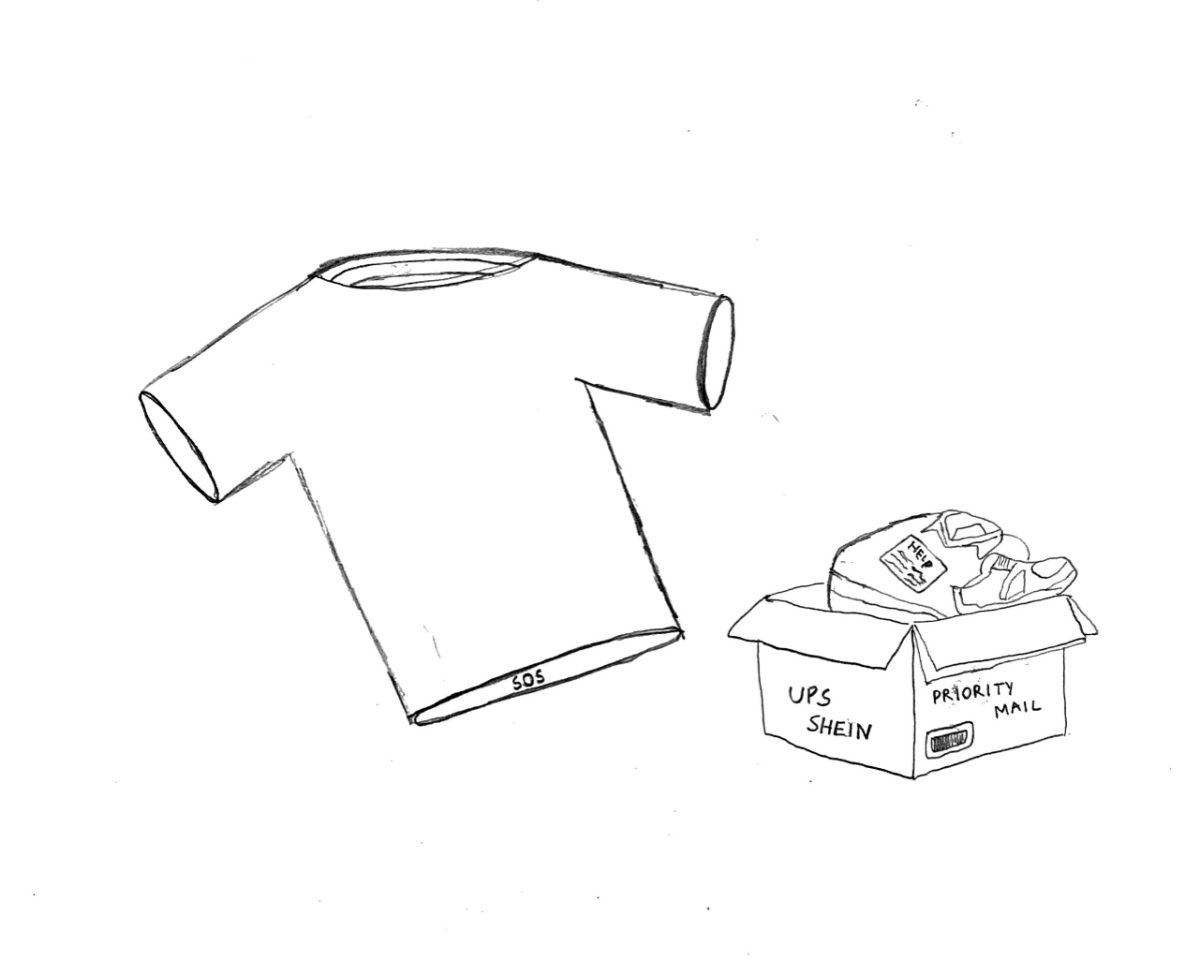On July 23, 2018, college football reporter Brett McMurphy posted an article to Facebook uncovering details regarding Ohio State assistant coach Zach Smith’s arrest in 2009. Smith was arrested for suspicion of aggravated battery, which his wife, Courtney, said involved grabbing her by the neck and shoving her into a wall during an argument. Although the case was dropped due to insufficient evidence, McMurphy’s reports were strong enough for head coach Urban Meyer to fire Smith, which resulted in a flurry of reports from McMurphy outlining more grotesque actions of Smith.
But the problems for Ohio State were not all solved by Smith’s firing. Meyer, who denied any knowledge of the arrest and allegations when McMurphy’s reports came out, was placed on paid administrative leave after McMurphy released frequent text messages from Meyer’s wife to Courtney Smith about the abuse. Also, the Ohio State administrative staff found that Meyer deleted text messages between him and Smith after the release of McMurphy’s report. While the proof against Meyer appeared substantial, the Ohio State administrative staff decided that the head coach’s punishment would be a three-game suspension for the upcoming season, despite many analysts and officials calling for his firing. Additionally, while three games is about 25 percent of the season, Ohio State plays two historically bad, out of conference teams in its first two games, followed by taking on sixteenth-ranked TCU in their third game, so a team of Ohio State’s caliber should be able to still function smoothly without their head coach. In contrast, Ohio State plays three top-25 teams and all of their in-conference opponents after Meyer’s return, a factor that was definitely taken into account when the suspension was issued.

The issue is certain. The NCAA and collegiate programs are putting their team’s success above just action and allowing real criminals to remain mainstays in their sports because of their monetary value.
According to McMurphy’s reports, Smith, while at Ohio State, abused his estranged wife multiple times and refused to return their son to her while in Columbus. He stalked her, threatened and harassed her over text messages at 1:30 a.m., trespassed on her property and attempted to strangle her while on a family vacation. He also took pictures of himself receiving oral sex and having sex with a former Ohio State staff member in the Ohio State coaches’ offices, took photos of his penis inside the coaches’ office and again inside the White House and ordered more than $2,200 worth of sex toys, male apparel and photography equipment according to receipts and allegations from Courtney Smith.
But this wasn’t the first time Ohio State had been in the headlines for a nationwide scandal. On Dec. 23, 2010, Ohio State quarterback Terrelle Pryor and four of his teammates were suspended for the first five games of the next season a few days before they would take on eighth-ranked Arkansas in the Sugar Bowl. Just a few weeks prior, Pryor and his teammates sold memorabilia and team gear to a tattoo parlor in Columbus in exchange for money and some discounted tattoos. Because of this, the NCAA began an investigation of Ohio State, resulting in the team’s head coach Jim Tressel being forced to resign and Pryor to forgo his senior season with the program.
Although Pryor and Meyer are involved in two very different situations, the fact of the matter is clear. It may seem that the NCAA and its collegiate programs value some issues over others, but that is not necessarily true. The NCAA wants to punish those who violate their rules, so long as they are not a prominent figure in collegiate sports. The evidence is unmistakable, as Pryor’s case is just one of many that have resulted in more severe punishments than serious crimes like Meyer’s. Former Georgia star running back Todd Gurley was suspended for four games in 2014 for accepting $3,000 for autographs and memorabilia. Earlier this year, nine University of North Carolina football players were suspended for the first four games for selling limited edition sneakers in exchange for $2,500. In even more extreme cases, student-athletes like former UCF kicker Donald De La Haye have lost their NCAA eligibility. De La Haye was punished for making money off YouTube videos that he made in his free time, while others like FIU punter Stone Wilson were forced to shut down their YouTube accounts by the NCAA for monetizing their accounts or even making videos with monetized accounts. While Meyer is only getting a three-game suspension for committing a heinous crime, other athletes are losing scholarships and their college education because of their hobbies.
Now, it is incredibly easy for one to sit here and call for Meyer’s resignation. However, considering what he does for the school, it was a tremendously hard decision for Ohio State to give Meyer a suspension at all. Meyer is the winningest coach in his first 15 years at the head of a program, coaching at Bowling Green, Utah and Florida before arriving at OSU in 2012, at 177-31. The logic is simple. A good football team equals good money, both through sales and donations, and OSU gets a lot of both. According to the Wall Street Journal, Ohio State’s football program makes over $90 million per year and is one of the most valuable programs in college football. Urban Meyer is Ohio State’s cash cow, so even if he committed an even more severe crime, it would not be worth it to fire Meyer and save face.
With this being said, Meyer’s suspension should not have been the university’s decision. The NCAA is a nonprofit organization, as is Ohio State University and the university’s athletic department. If the NCAA is truly following its guidelines that it enforces so harshly among athletes, then why should money be a reason to keep Meyer in his position? Hasn’t the program made enough money at this point? The problem is not necessarily that the NCAA cracks down too hard on athletes like Pryor, whose decision “was about family” and trying to support his struggling mother, but that they are inconsistent in their policies. Why would the NCAA punish these players for their actions? Not because they really care about the athletes making money. No, they just care about making bank themselves. Collegiate athletes are dispensable, as a new flock bursts onto the scene every year. Collegiate coaches, on the other hand, are not, and if they are successful, the NCAA has shown time and time again that they will let coaches get away with murder if they can rake in cash. If this pattern continues, it is time to take off the cleats and pick up the clipboards, because coaching is not just a job anymore. It is a get out of jail free card.


















